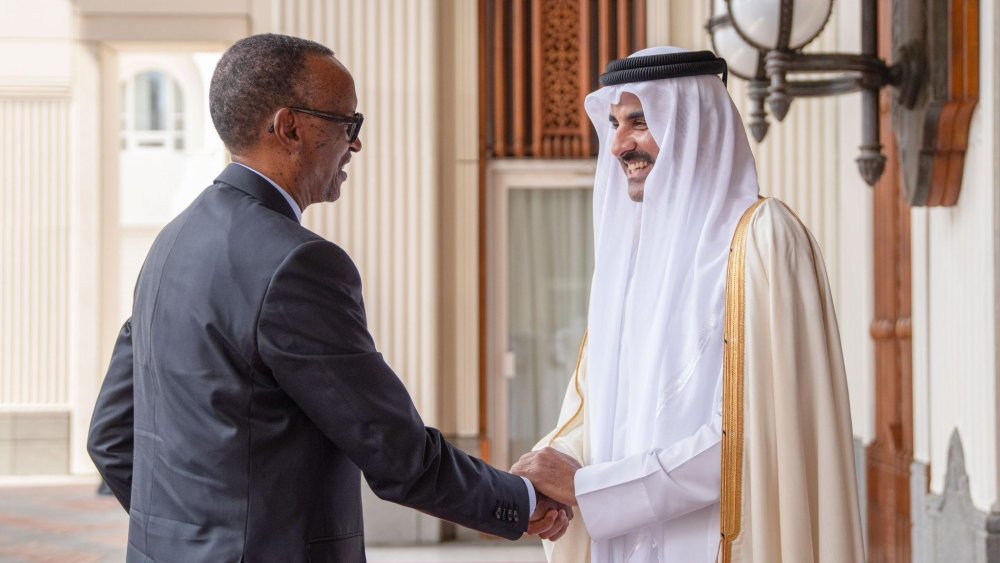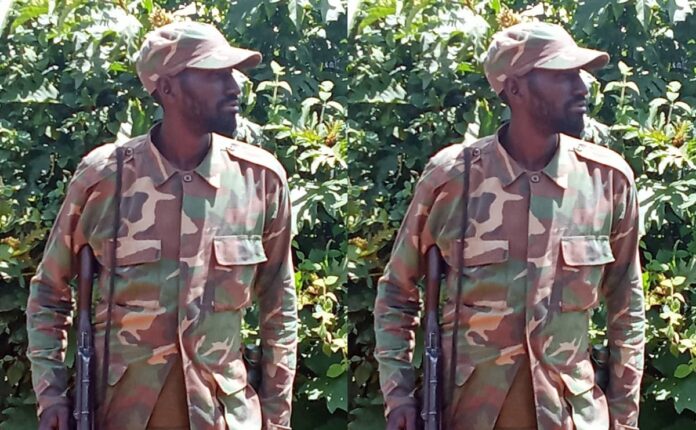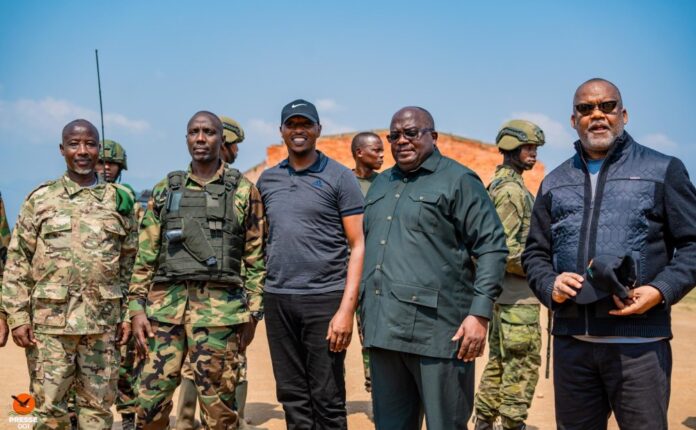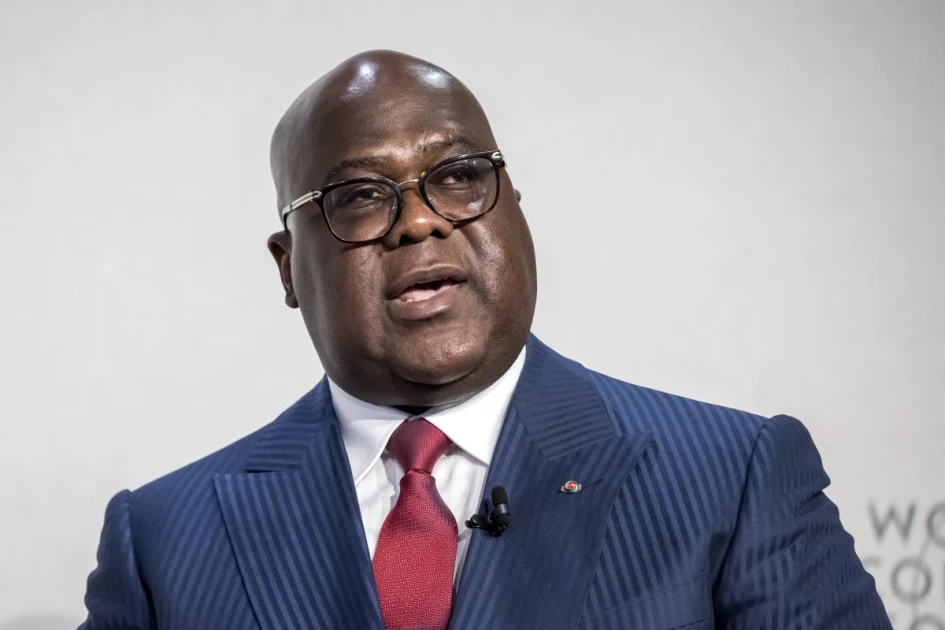On March 27, 2025, representatives of AFC/M23 traveled to Doha, Qatar, to meet with the Supreme Leader of Qatar, Sheikh Tamim bin Hamad Al Thani.
The delegation was led by Bertrand Bisimwa, the deputy leader of AFC/M23, and Colonel Nzenze Imani John, the head of intelligence and military operations for the movement.
These talks follow the March 18 meeting where Sheikh Tamim brought together President Paul Kagame of Rwanda and President Félix Tshisekedi of the Democratic Republic of the Congo (DRC) to discuss the ongoing security crisis in the eastern part of the DRC.
Dr. Oscar Balinda, the deputy spokesperson for AFC/M23, denied reports that Qatar had invited the movement, clarifying that AFC/M23 had requested to participate in the discussions, as it had previously sought.
As discussions continue regarding negotiations between the AFC/M23 movement group and the government of the DRC, several reasons make it clear that the movement should not accept integration into the government.
Past peace agreements have been signed but not implemented as promised.
The Nairobi and Luanda agreements are examples of how the DRC government has failed to honor its commitments.
This raises concerns for AFC/M23 about whether joining the government would truly address the issues of the people it represents and the broader regional concerns.
Despite planned peace talks, the DRC army (FARDC) continues military offensives against AFC/M23 movement, in collaboration with other armed groups such as the FDLR.
This indicates that the DRC government is not genuinely committed to a peaceful resolution but instead seeks to weaken AFC/M23 militarily and through political strategies.
Several AFC/M23 leaders have been sanctioned by the DRC government and international organizations, restricting their travel to Western countries and freezing their assets.
These sanctions, imposed at the request of the DRC government, demonstrate that Kinshasa is unwilling to work with AFC/M23 politically. This further diminishes trust in the peace process.
AFC/M23 should recognize that integrating into the DRC government without fundamental governance reforms will not lead to lasting solutions.
The Kinshasa government continues to collaborate with movement groups such as the FDLR and promotes divisive rhetoric, raising doubts about its willingness to make real changes.
AFC/M23 advocates for inclusive discussions involving all stakeholders to achieve lasting peace and address security challenges in eastern DRC.
Rushing into government integration might provide a temporary solution but will not resolve the root causes of insecurity and the rights of the people in the region.
AFC/M23 has declared its goal of bringing governance changes to the DRC to ensure peace and equal rights for all citizens.
This shows that the movement has long-term objectives beyond simply joining the current government; it seeks meaningful political and security reforms.
AFC/M23 has already established leadership structures in the areas it controls, demonstrating its ability to govern and provide security.
This indicates that the movement is confident in its leadership capacity and that integrating into an uncommitted government would be ineffective.
Given that the DRC government continues to work with armed groups and conduct military operations in the east, AFC/M23 is skeptical about the invitation to join the government. This raise concerns that such integration could turn the movement into a political tool rather than a genuine path to peace.
AFC/M23 believes that lasting peace in eastern DRC requires inclusive and substantive discussions involving the government, armed groups, and local populations.
Rushing into government integration without addressing the root causes of the conflict is unlikely to bring meaningful change. Instead, a structured dialogue process is needed to address governance and security challenges in the DRC.
For the Doha talks to be effective, political commitment is required from both sides.
While AFC/M23 demands that its core grievances be addressed before moving forward, the DRC government continues to insist that the movement lay down its arms while also pressuring Western nations to impose sanctions on Rwanda.
Integrating AFC/M23 into the government seems like an impractical decision because the real issues behind the conflict must first be addressed.
A sustainable approach to negotiations and the implementation of resolutions is needed to resolve the security crisis in eastern DRC, and these solutions should come from Africans who genuinely care about the continent rather than those seeking to exploit it for personal gain.



